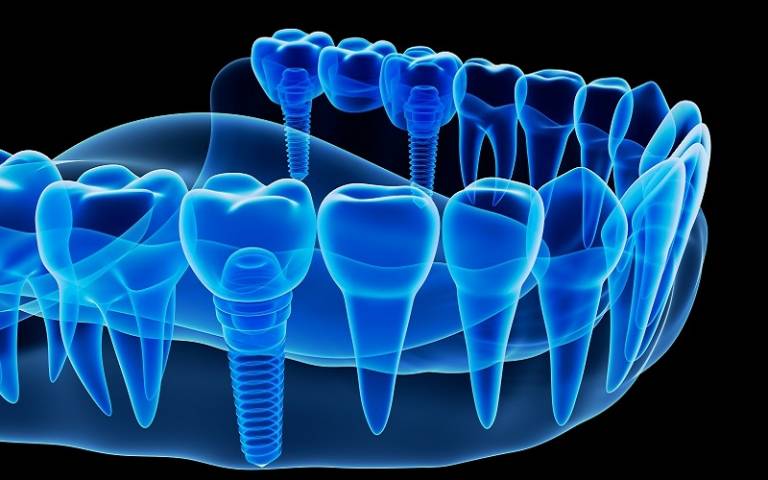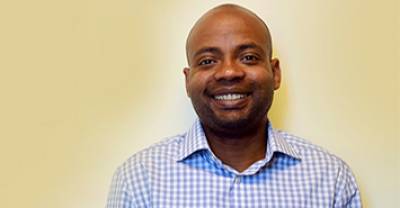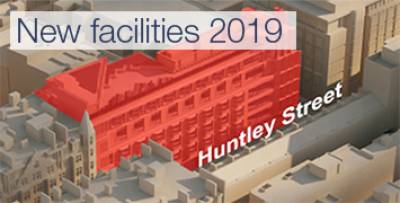Is Implant Dentistry for me?
9 October 2017

By Dr Dev Patel, Programme Director, Implant Dentistry Diploma
Implant Dentistry is one of the biggest growth areas in the field of Dentistry. Dental implant supported restorations provide significant benefits to patients in terms of improved stability to dentures, fixed treatment options, conservation of tooth and preservation of bone. Their utilisation has significantly accelerated with improved patient education, better patient awareness and increased patient expectations in an ever growing population.
The main challenge the profession faces is education and training in this field. There are a plethora of training courses available for dentists to attend all over the world. In the UK, undergraduate training in implant dentistry is very limited. The GDC’s guidance on the required learning outcomes of undergraduate education for dentists, The First Five Years, states that dental students should ‘be familiar with dental implants as an option in replacing missing teeth’. As such and similar to orthodontics and sedation, dentists require further postgraduate education and training if they wish to practice implant dentistry.
Implant training is unique in that it requires competence in both the surgical and restorative disciplines. Implant dentistry is not a specialty and current specialist programmes limit training to either surgical or restorative training, and rarely both.
Many dentists in dental practice are now placing and restoring implants with little formal training in both disciplines. The General Dental Council states that implant training should follow the Training Standards in Implant Dentistry, published by the Faculty of General Dental Practice (UK). These standards were updated in 2016 and divide training into straight forward cases and ‘complex’ cases, but do not separate surgical or restorative competence requirements.
As such it is essential that dentists who wish to train in implant dentistry need to consider both the surgical and restorative disciplines as part of their foundation in implant education. This is important as the surgeon needs to be aware of the challenges the restorative dentist has and vice versa. There is a very steep learning curve and previous experience in the non-implant related surgical and restorative disciplines provides significant advantages for the new implant student.
At UCL Eastman, we have implant training programmes to meet the needs of all dentists from beginner to expert:
 Close
Close





